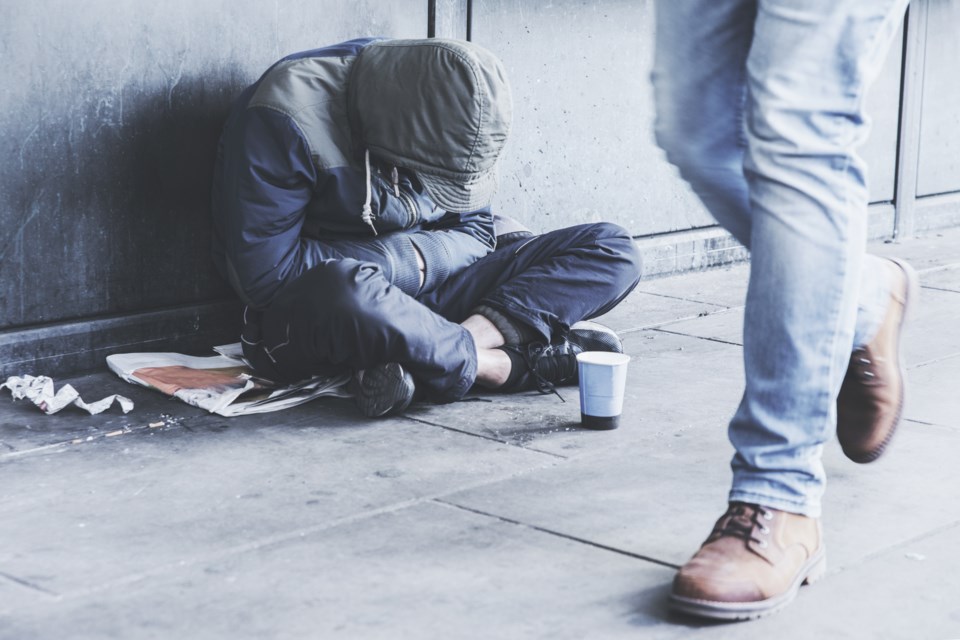The country's poverty rate might be declining, but there's still more work to be done in Guelph, says the coordinator of the Guelph and Wellington Task Force For Poverty Elimination.
Although it doesn’t feel that way, things are trending in the right direction federally for low wage workers and people living on social assistance in the Guelph community says coordinator Dominica McPherson.
“We know there are a number of members in our community that are actively living in poverty on a daily basis and making impossible choices between food or rent or electricity and we know that more action is needed,” says McPherson.
The 2016 census showed that 11 per cent of people living in Guelph were low-income families and because children are disproportionately impacted by poverty, the child poverty rate was 15 per cent at the same time.
As of 2020. There are 120 individuals experiencing homelessness in Guelph.
So what has been working and what needs to be done?
She says as a result of collaborative efforts from many groups and individuals in the community, Guelph was able to reduce chronic homelessness by 29 per cent in the last year.
She says the numbers were dramatically affected by the system shifting from managing people in a cycle of homelessness to being focused on ending it through prioritizing housing for people.
McPherson says with the introduction of the federal child benefit increasing to an extra $143 per year for families with kids under six and $121 for kids between six and 17, things are trending in the right direction federally and it has had a positive impact.
However, for low wage workers and people living on social assistance, it doesn't necessarily feel that way.
“Which is why we need all levels of government to take action to expand support and deepen the policy that is having a positive impact,” says McPherson.
From an income standpoint, the calculated living wage in Guelph is currently $17/hr, which means an individual needs to make $17/hr full time to afford food and shelter. From a non-employment standpoint, where an individual needs social assistance, a single adult in Ontario makes a maximum of $733 monthly where $390 of that is allocated for shelter and $343 applies for all other basic needs.
“We know that minimum wage both federally and provincially is falling considerably short,” says McPherson.
She says the people most vulnerable are children, who are disproportionately impacted by poverty, along with people of colour, indigenous people and people coming from marginalized communities.
“That's also largely because those communities face systemic oppression but they're also disproportionately represented in low wage precarious work," says McPherson.
To combat this, she says it’s important to increase awareness and advocate for decent work which is a job that offers fair wages and fair working conditions. By doing so, workers are happier, healthier and more productive.
They're not only able to make ends meet and support their family, they're also able to participate in community life, and they're able to spend more money in the local economy.
“We know that for individuals that are working, there's a direct correlation between the quality of that work and whether or not it's providing them with the support necessary to meet basic needs and their well-being. And then for individuals that aren't working. We know that social assistance rates are far too low and those rates need to be increased,” says McPherson.
For Guelph, she says the poverty task force strongly believes that a basic income guarantee (also known as a guaranteed annual income) is required to effectively eliminate poverty.
“Supports that have been implemented for family youth and older adults have also had a positive impact in lifting people out of poverty in our community as well,” says McPherson.
But for low wage workers and people living on social assistance, she says not enough is being done.
“We need action by all levels of government to both defend but also expand support to low-income members of our community,”
She says the priorities moving forward are providing basic income guarantee to low-income members of the community, increasing the provincial minimum wage, and increasing investments in affordable safe and secure housing.
